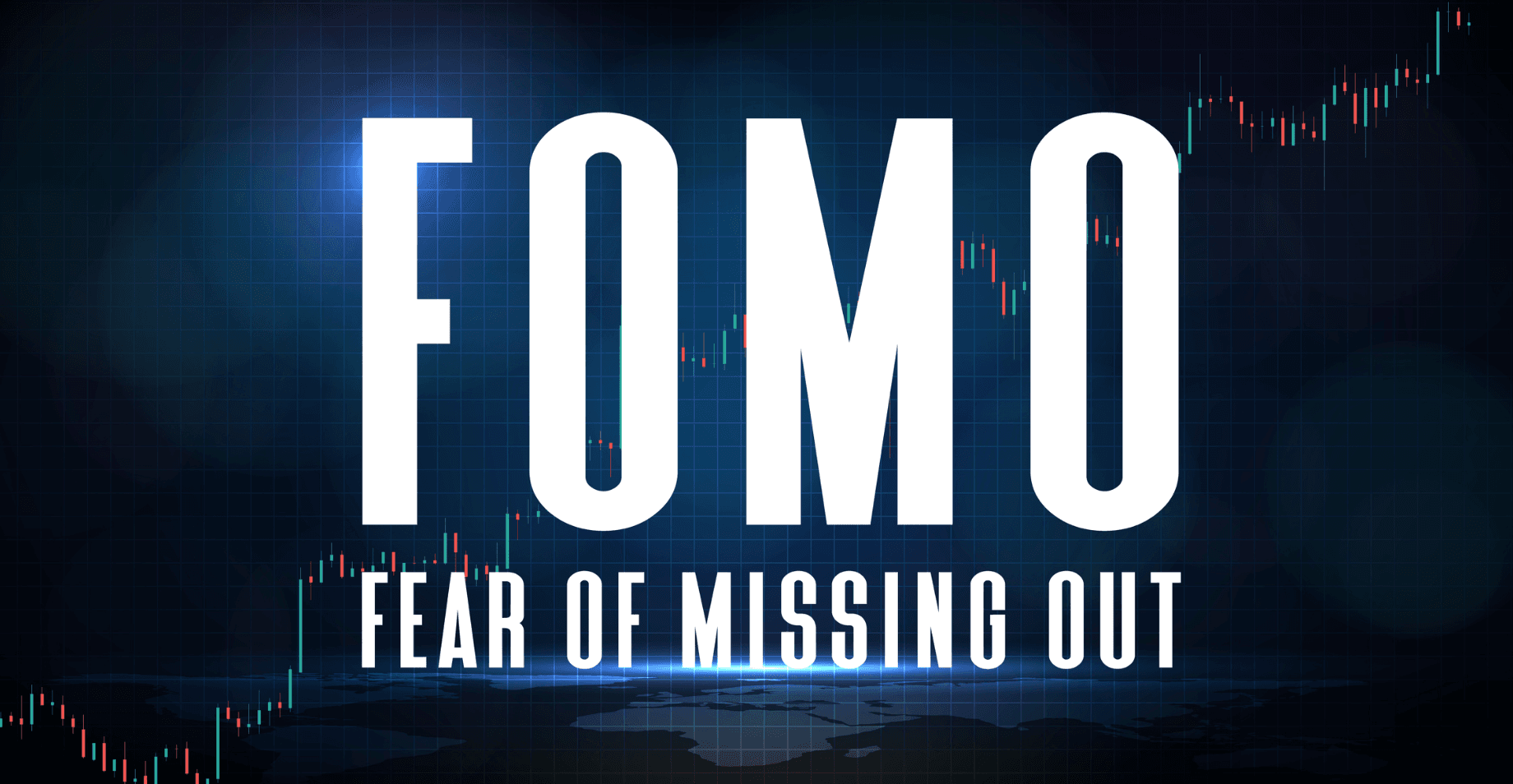Crowd Psychology: The "Soul" of Markets or the "Demon" of Greed?

The Psychology Behind Market Movements: Why Emotions Drive Financial Markets More Than Economics
When observing financial markets over many years, I've increasingly realized that behind the complex charts, numbers, and technical analysis, it's actually the most primitive human emotions that control everything. From witnessing countless booms and crashes, from Bitcoin frenzies to stock market plunges, I understand that financial markets aren't merely places for asset trading—they're massive mirrors reflecting the collective psychology of millions of people. Crowd psychology with its FOMO crazes, panic sell-offs, and endless greed-fear cycles is the true soul of markets, determining every fluctuation from small to large in ways more profound than any other economic factor.
The Primitive Nature of Markets
Financial markets, despite appearing complex with thousands of indicators and sophisticated trading algorithms, are fundamentally just battles between humanity's two most basic emotions: greed and fear. When greed dominates, markets explode with unimaginable price surges, everyone rushes to buy believing prices will rise forever, success stories get amplified and spread like viruses, creating massive bubbles that everyone knows are unsustainable but no one wants to miss out on. Conversely, when fear takes over, markets collapse in frenzied sell-offs, people panic to escape at any cost, bad news gets magnified creating domino effects spreading across markets, causing even genuinely valuable assets to get swept up in the downward wave.
FOMO: The Digital Age Demon
In the social media era, FOMO psychology has become a more powerful driver than ever in fueling market explosions. Seeing others boast about massive profits from Bitcoin, meme stocks, or any other hot assets, many people can't control their emotions and jump into markets without knowledge or clear plans, simply fearing they'll miss wealth-making opportunities. Stories of ordinary traders becoming millionaires overnight spread at light speed on social platforms, creating illusions that financial markets are easy money-printing machines, causing more people to participate with gambling mentalities instead of strategic investing, resulting in increasingly inflated and dangerous bubbles.
Just one step to unlock the rest of this article
Sign in to read the full article and access exclusive content
✨ Completely free • No credit card required

